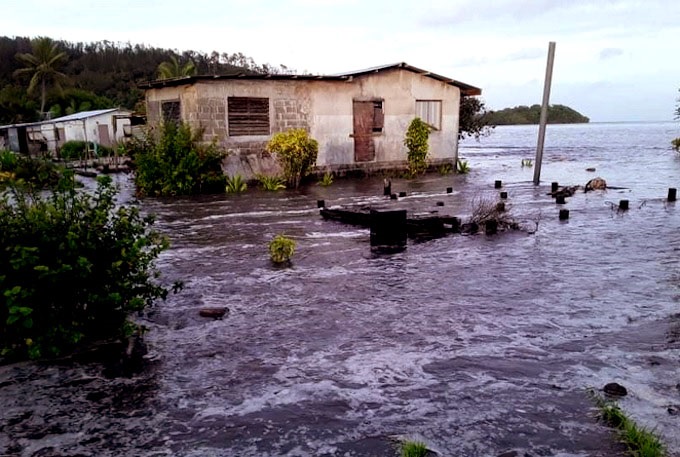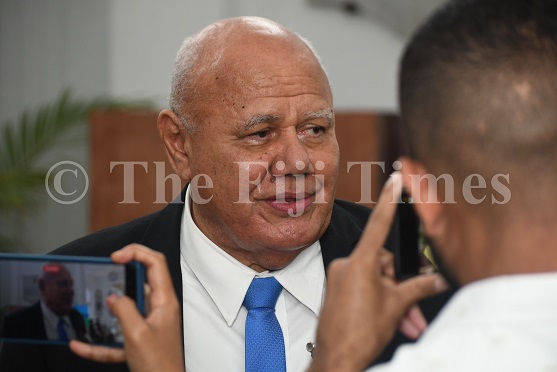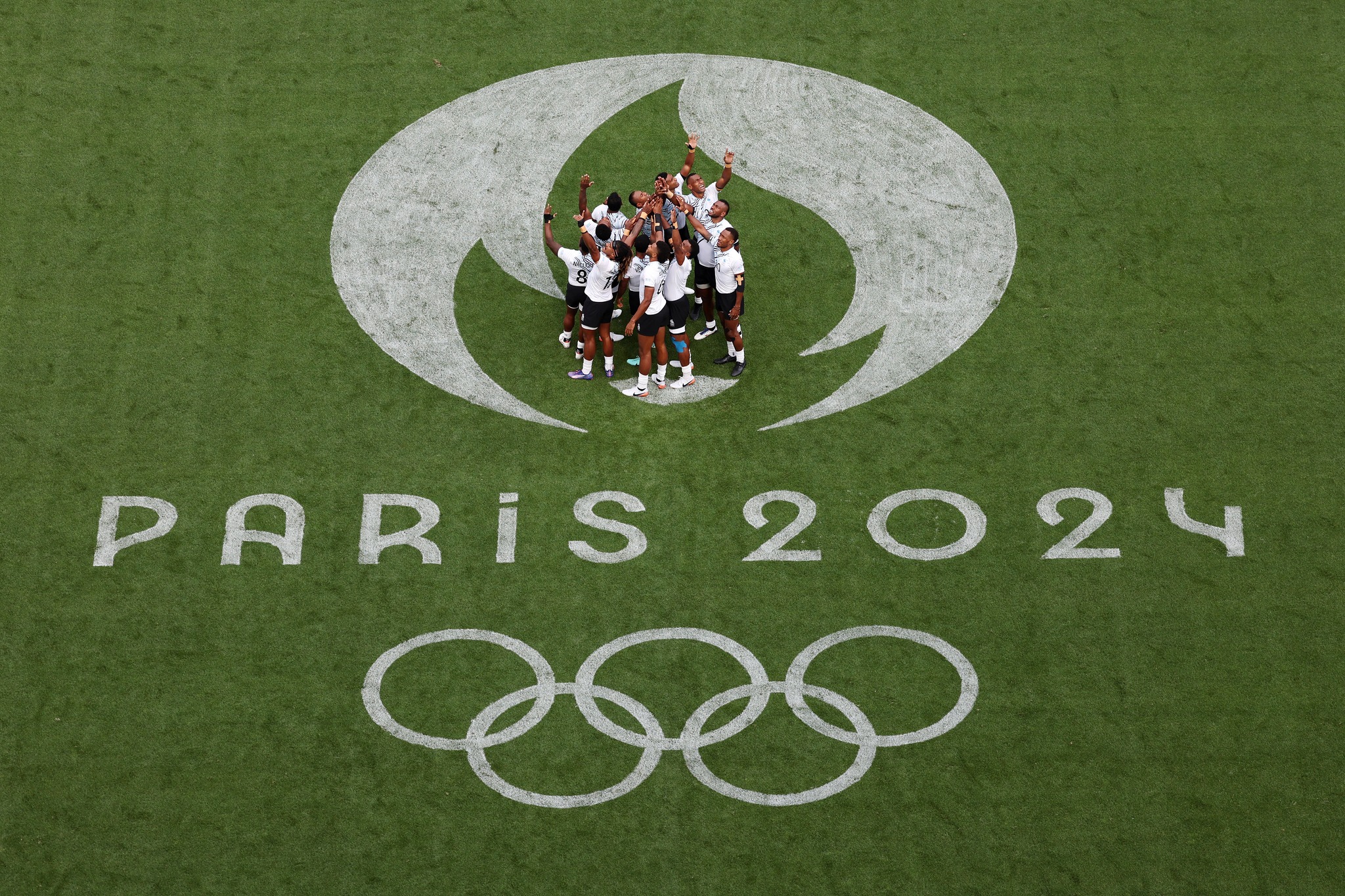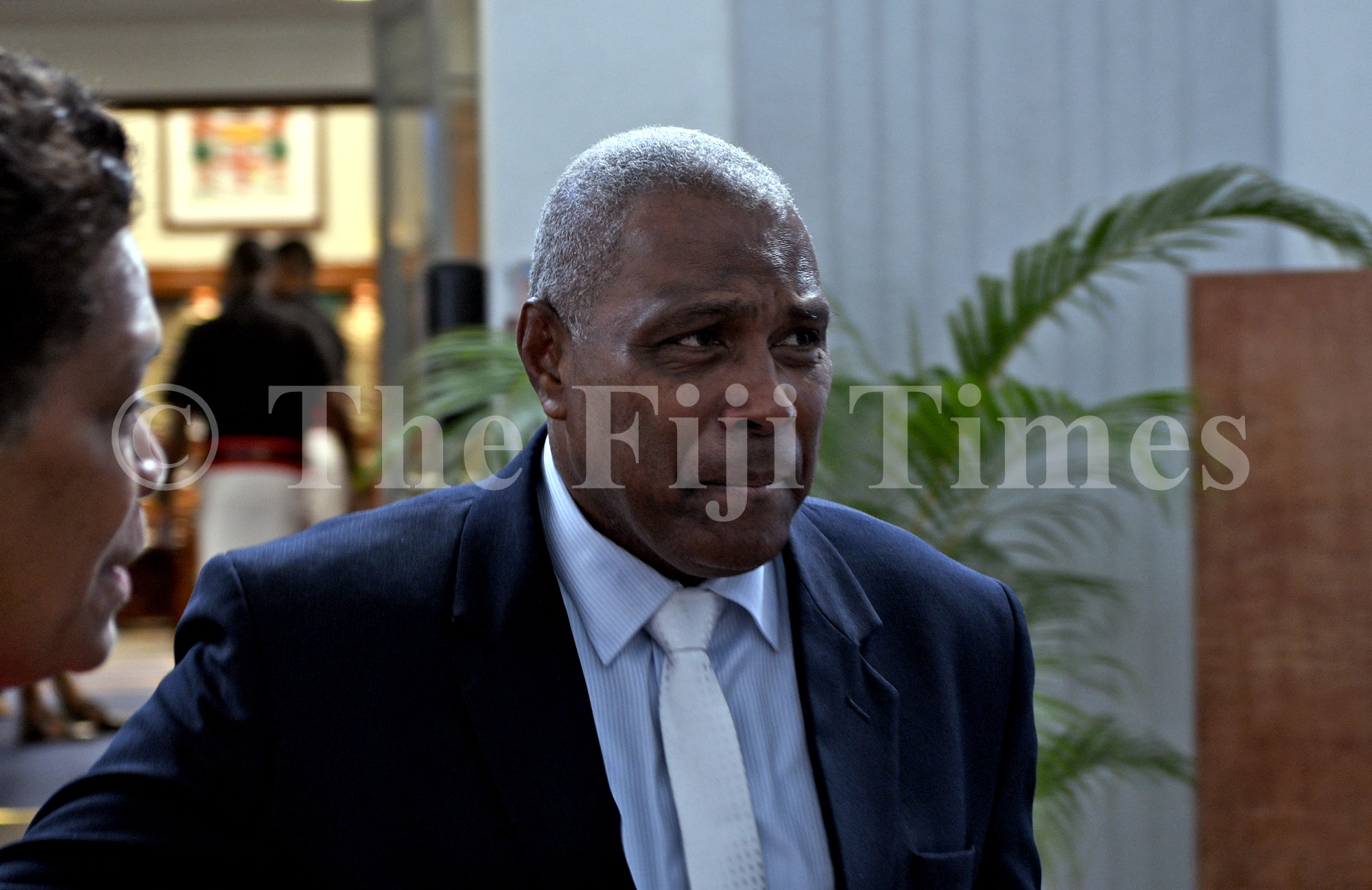“The Climate Change Conference is an opportunity – if we all play our part”
A farmer in the Niger whose fields have dried up due to the heat.
A father in Palau who does not know whether his house will still be standing when his children are grown up – or whether the rising sea levels will swallow up his village.
Mayors in Spain, Germany or Lithuania who have to find a way to protect their towns and cities from a water shortage and ever more dangerous floods.
Regardless of which country you look at in the world, one crisis is evident everywhere: the climate crisis.
This crisis is the greatest security challenge of our age. It affects us all – with varying degrees of severity but with the same relentlessness.
What gives me hope is that we have the knowledge, the technology as well as the instruments to contain the climate crisis together. What we need is political will.
In 2015, the international community showed this will and paved the way for a new, climate-neutral world by adopting the Paris Agreement. Almost 170 countries set themselves ambitious climate targets back then. The expansion of renewable energies has accelerated dramatically.
However, when we come together for the Climate Change Conference in Dubai in a few days’ time, we will also know:
We find ourselves in a race against time – and we have been too slow to date.
The forthcoming COP is a huge opportunity to pick up the pace, an opportunity which we should seize together by forming alliances among countries at the forefront of climate action. For in Dubai we will be carrying out the Global Stocktake agreed in Paris for the first time. This will allow us to review our progress towards reaching the targets set in Paris and to determine where we have to step things up.
Germany believes that three points are key here.
First of all, we should hugely ramp up the global energy transition by 2030. For every tonne of CO2 a country emits harms us all. According to the International Panel on Climate Change, we have to work together to decrease global emissions by at least 43% in the course of this decade. Every percentage point reduction in greenhouse gases means fewer droughts, fewer floods and fewer lives lost.
In the EU, we have set a course for climate neutrality by 2050 with the Green Deal. In Germany, we have pledged by law to become climate neutral by 2045.
However, the energy transition is a global task.
That is why we are working to ensure that a joint agreement is reached at COP 28 on tripling renewable energies, doubling energy efficiency and gradually phasing out fossil fuels.
By doing this, we also want to make it clear that the transition towards an energy system largely free of fossil fuels has begun.
Secondly, our best tool for tackling the climate crisis is solidarity. That is why we are standing shoulder to shoulder with those who have played the smallest role in bringing about the climate crisis but are now being hit hardest.
Three years earlier than announced, Germany has increased its annual contribution to climate finance to more than six billion euro from its budget funds. In so doing, we are playing our part in the industrialised countries’ pledge to make available 100 billion euro for climate finance – and we are confident that this pledge will be fulfilled by the end of this year.
We know that the climate crisis is already having effects which can no longer be reversed. That is why we are also pressing ahead with adaptation to climate change and providing special support for developing countries. The contributions of all donors for adaptation should be doubled to 40 billion US dollars by 2025 at the latest. Germany intends to play its part in reaching this target.
At the last Climate Change Conference we agreed to establish a loss and damage fund and we recently fleshed it out in Abu Dhabi. Our task now is to confirm this agreement at COP 28 and to fill the fund with money. To achieve this, it is key that the funds go first and foremost to the most vulnerable states and that all states with the means to do so contribute to the fund. Naturally, this includes the industrialised countries. However, it also includes those states which have earned a lot of money with fossil fuels or have enjoyed high growth rates in the last few years. We all have an obligation.
That is why, thirdly, we want to invest in our partnerships at COP 28. We know that the conditions necessary for a successful energy transition and climate action are different in each country. And that the radical change which the green transformation will entail can only work if it is socially just. We will support our partners to this end.
We can all benefit because every investment in solar panels, in green hydrogen or in heat insulation technologies is an opportunity for growth, new jobs and a secure energy supply. For this reason, we are expanding climate, energy and development partnerships. They will enable both sides to learn from each other and will benefit both sides.
After all, no country should have to decide between development and climate action. Every society has its own path to follow.
It is important that we all have the same goal: a climate-neutral and resilient future in which our children can live in security and prosperity. During the coming days in Dubai, we will have an opportunity to set out on this journey together.
We should seize this opportunity.






